UH researchers developing autonomous robot for subsea oil and gas pipeline inspection
Green Car Congress
SEPTEMBER 1, 2023
To reduce the number of accidents in the global oil and gas industry caused by damaged pipelines, University of Houston researchers are developing an autonomous robot to identify potential pipeline leaks and structural failures during subsea inspections. When larger spills happen, pipelines are often the culprit.

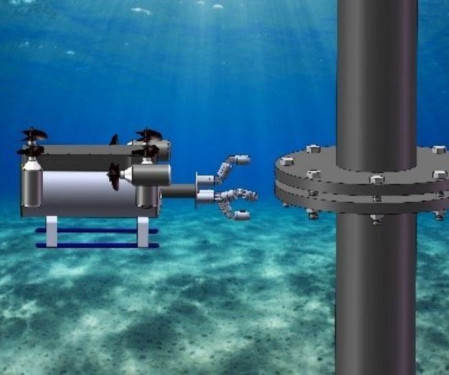

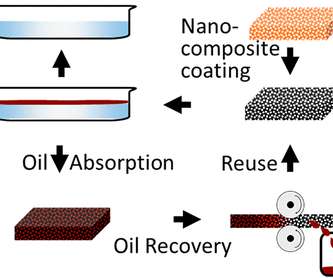








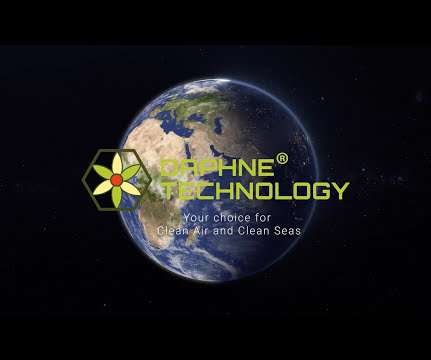

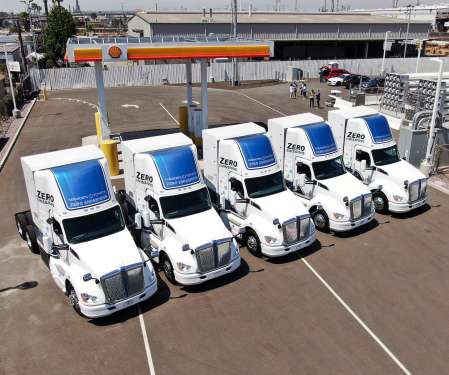


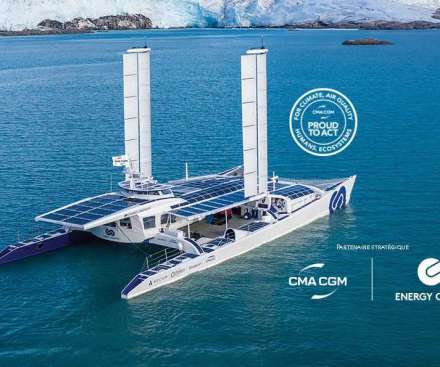






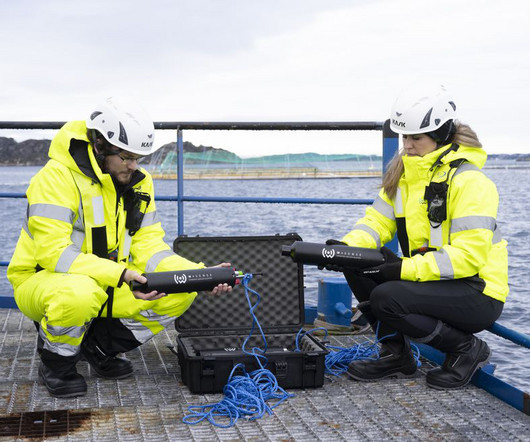




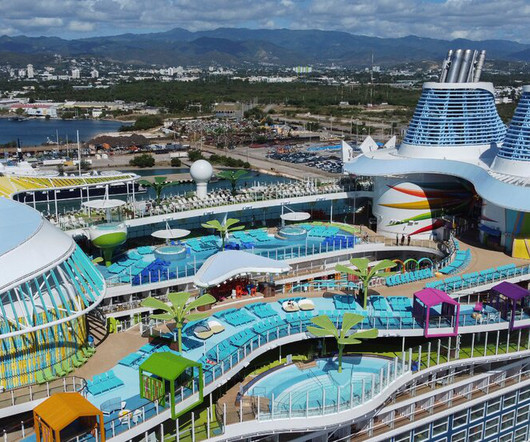



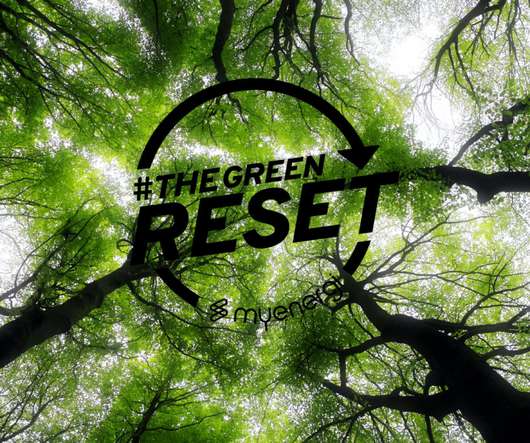







Let's personalize your content